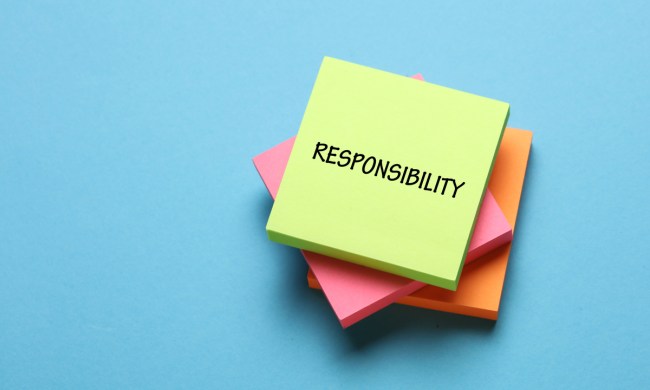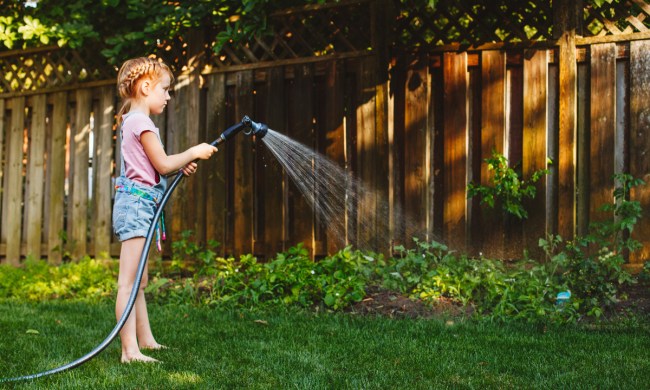One part of parenting that isn’t the most fun is potty training. That transition from diapers to pullups to underwear affects the whole house until the process is over. But for a lot of kids, there’s another snag that happens during or after the training phase. A pretty common bump in the road is stool withholding.
A child will hold in their poop and refuse to go. While you may wonder why they would want to hold it in, as a kid, the relationship with going number two is a bit more complicated. For a child, holding in their poop may mean more than merely not wanting to go. Thankfully, you can help your kid get over the fear that’s causing stool withholding. Let’s go over the ins and hopeful outs of why your child is withholding their stool.

Why do kids hold their poop?
They are constipated
We have all been there. We waited too long or we haven’t had enough water in a few days and now the constipation is real. If your child is backed up, he may think something is wrong or not know how to get that stool out more comfortably.
They had a painful poop and don’t want it to happen again
Usually, all it takes is once to learn our lesson. Bang our shin one time on that coffee table and we learn to walk slowly by it. Your child holds in her poop because she had one painful poo and doesn’t want a repeat.
They are scared
Some kids are scared of going number two. They don’t understand it, they don’t “get it,” or they just don’t like the way it feels. Things are so much scarier for a child when they don’t know what’s going on or why something is happening.
But remember, it’s common and your child isn’t the only one. “Chronic constipation and stool withholding in toddlers takes at least a few weeks to resolve,” states Dr, Rayna Grothe, a Pediatric Gastroenterologist. Don’t be discouraged if your child doesn’t get the hang of regular poops overnight.
The telltale signs
- Your kid hides in a corner.
- Your kid hides behind something.
- Your kid doesn’t want you looking at them.
- Your kid suddenly runs out of the room.
There are a few signals to watch out for that show your child knows it’s time to get on the toilet. If you see your kid doing any of these, get him to a bathroom right away. It’s not always the potty dance that is the spotlight sign your child needs to go.

How to help in the bathroom
Knowing why your child is holding her poop in is only part of the battle. Now you have to help her get over the reason why she won’t go.
Make the bathroom fun
If your child is scared of the whole experience, make the bathroom a more inviting place. Put on some of his favorite music or let him have a tablet while he tries to go.
Let them sit on the toilet
If it’s only the bathroom that makes your child uncomfortable, let her sit on the potty for a bit longer. She can keep her diaper/pullup/underwear on at first. Then you can transition her to sitting on the toilet without it.
Set timers and reminders
If your child is having a challenging time remembering to try to go, setting timers is a helpful idea. Kids get too busy or too involved in what they are doing and ignore their bodies telling them to go.
Get them a little stool
If it’s hard for her to go, get her a handy stool. It’s easier to go when she has an elevated platform for a little extra push.

How to help them outside of the bathroom
Get them moving
Exercise is a fantastic way to get the bowels loose. This is for kids and adults who need to have more regular movements. Additional exercise helps loosen the bowels and stimulate the stomach.
Drink more water
Trying to poop when you haven’t had enough water is not a fun experience no matter what your age. Make sure your child drinks plenty of water. You can give him a little juice, but water it down. Dr, Nancy Pittman, Assistant Professor in the Department of Gastroenterology and Hepatology says children should have 3 to 4 glasses of water a day at least.
All about the fiber
If your child isn’t getting enough fiber in his diet, he is going to have a tough time going to the bathroom. Increase his fiber intake with apples, berries, or homemade popcorn.
Don’t punish or shame
According to an article in the Oman Medical Journal, parents shouldn’t express anger towards the child. “These children often become very frightened as they are punished for something which the majority of them have no control over.” Cleaning up the mess isn’t going to be fun, but you have to keep it together in front of your child.
Why do kids hold their poop? All it takes is one time gone wrong and your little one will swear off pooping in the toilet for good. Keep your tiny human and the bathroom on friendly terms. But if you ever feel like you or your child need additional help, talk with the pediatrician.
Make sure you are stocked up on patience to help your child through this process. A little extra attention will get him free and clear of poop-related issues. Understanding from you and a stress-free bathroom experience is what your child needs to get on good terms with their tummy.



